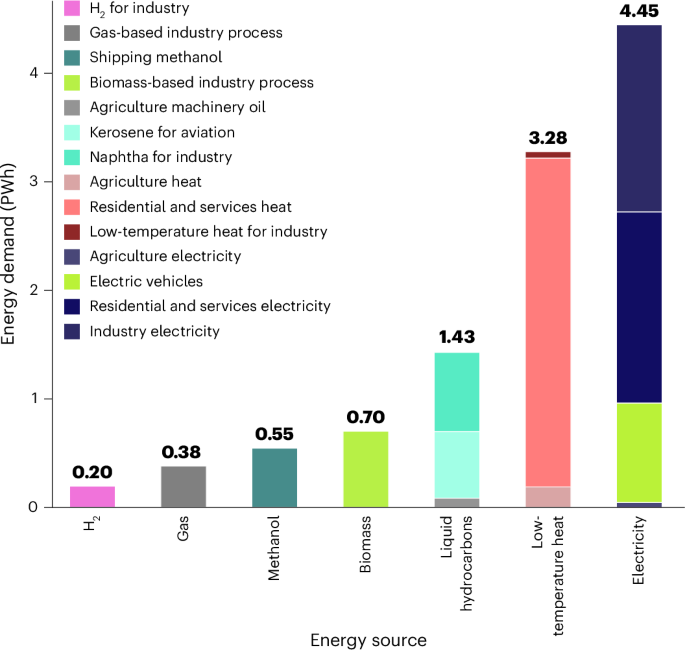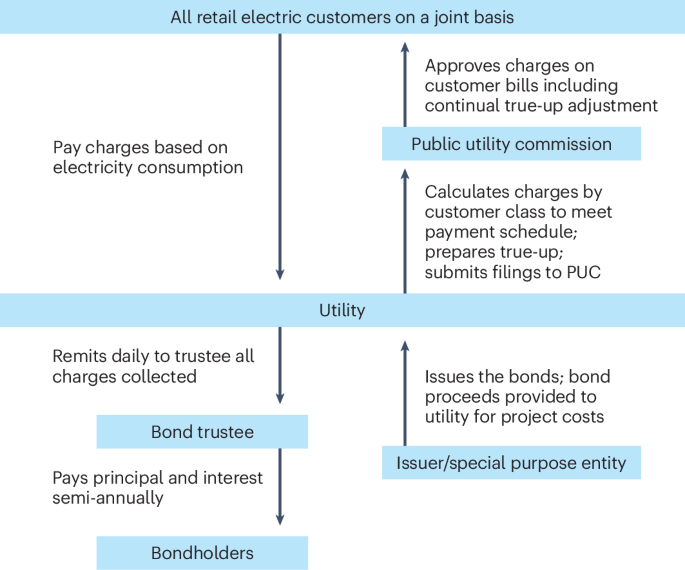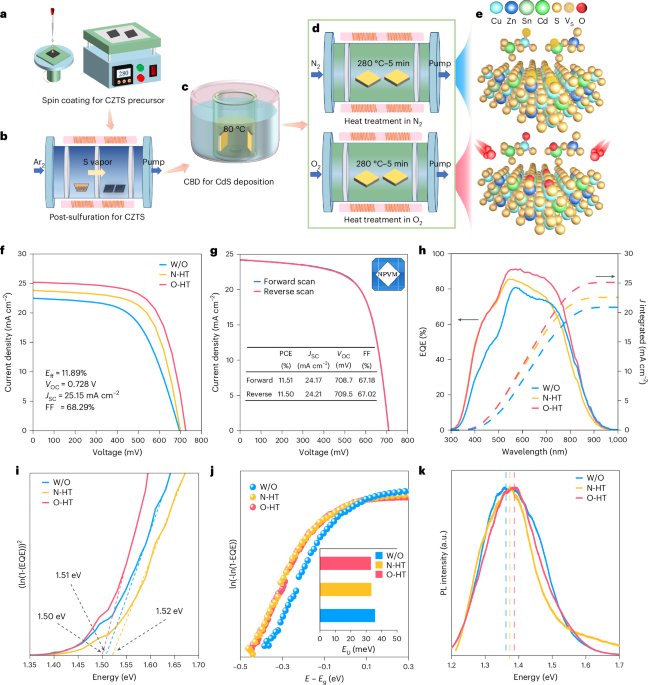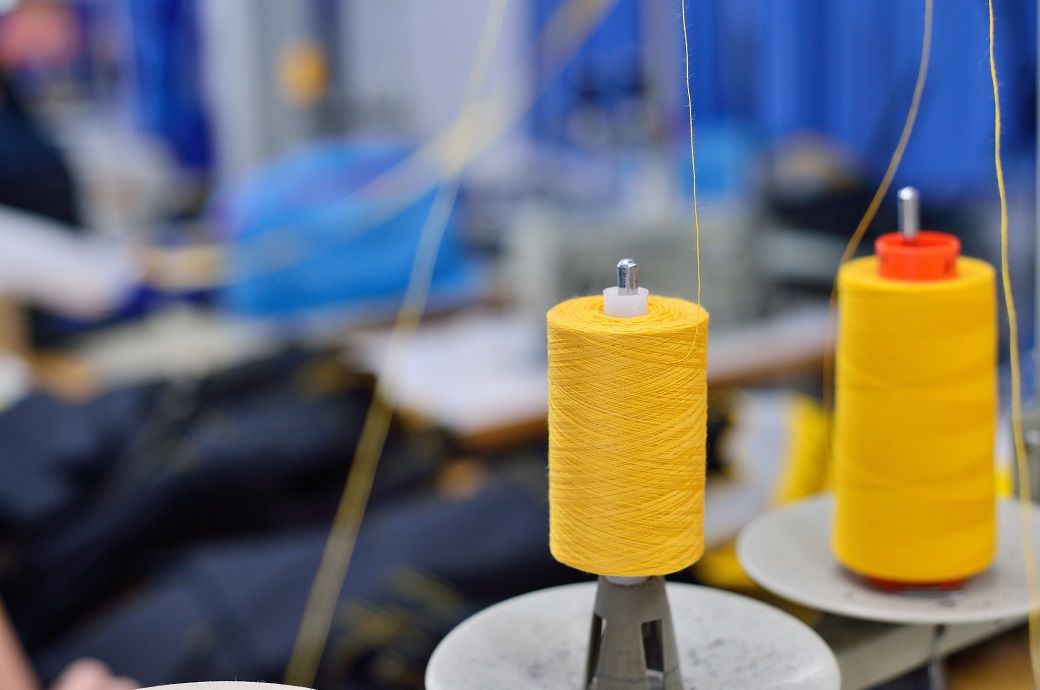Disclosures and Share Repurchase: Did SEC Rules Curb Opportunistic Buybacks?
Share repurchases have been a controversial way to return cash to shareholders for decades. Prior to the SEC enactment of Rule 10b-18 in 1982, which provided a “safe harbor,” open market share repurchases were judged to be a form of market manipulation due to their ability to increase stock price and were deemed to be […]

Brian Bratten is the Carol Martin Gatton Endowed Chaired Professor of Accountancy at the University of Kentucky. This post is based on an article forthcoming in the Journal of Accounting and Economics by Professor Bratten, Professor Meng Huang, Professor Nicole Thorne Jenkins, and Professor Hong Xie.
Share repurchases have been a controversial way to return cash to shareholders for decades. Prior to the SEC enactment of Rule 10b-18 in 1982, which provided a “safe harbor,” open market share repurchases were judged to be a form of market manipulation due to their ability to increase stock price and were deemed to be illegal. Since Rule 10b-18 was enacted, repurchases have surged, surpassing dividends paid annually. Nonetheless, many critics argue that repurchases are still used to opportunistically manipulate earnings, and prior research has shown that when firms engage in opportunistic repurchases, this leads to negative consequences such as reduced employment and investment. In 2002, the Securities and Exchange Commission (SEC) proposed an amendment to Rule 10b-18 which required firms to increase their disclosures about repurchases. In our paper, “Mandatory Disclosures and Opportunism: Evidence from Repurchases,” we study whether the disclosures required by the SEC improved the detectability of opportunistic repurchases, reduced the frequency of opportunistic repurchases, and mitigated the negative consequences that accompanied opportunistic repurchases.









































































































































































